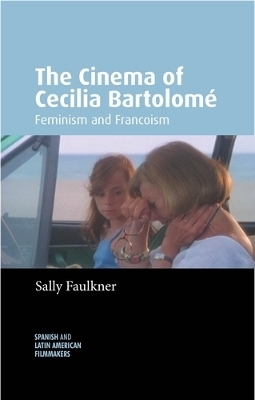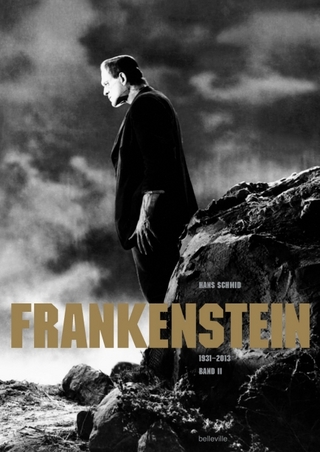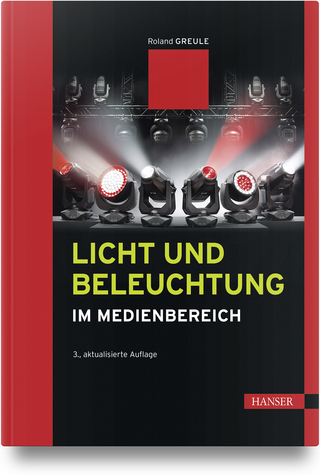
The Cinema of Cecilia Bartolomé
Manchester University Press (Verlag)
978-1-5261-6971-6 (ISBN)
Were it not for authoritarian state censorship, Cecilia Bartolomé’s name would figure alongside those of her contemporaries Agnès Varda and Claire Denis as a pioneering feminist filmmaker of the twentieth century. With this bold claim, this book seeks both to write the history of Bartolomé’s extant filmography, and speculate about censored and un-filmed work, thereby fashioning a new way of writing a feminist creative life in film.
The first volume on this director to be written in English, The Cinema of Cecilia Bartolomé is also the first volume on the director published in any language for over twenty years. By focusing on Spanish-language cinema of the 1960s-90s, the period when feminism, like democracy, was re-born and seemingly consolidated in Spain, the study brings historical depth and transnational reach to current debates in the wake of #MeToo. -- .
Sally Faulkner is Professor of Spanish (1933) at the University of Cambridge -- .
Introduction: feminism and Francoism
1 Film School shorts: La noche del doctor Valdés / Doctor Valdés’s Night (1964) and Carmen de Carabenchel / Carmen from Carabenchel (1965)
2 Feminism and Francoism, Margarita y el lobo / Margarita and the Wolf (1969).
3 The un-filmed scripts: Qué tal Margarita… pero bien / What’s Up Margarita…? Not Bad (1974) and La linda Casilda / The Beautiful Casilda (1976).
4 Putting Bárbara into ¡Vámonos, Bárbara! / Bárbara, Let’s Go! (Bartolomé 1978): Girlhood studies and ‘Spain’s first feminist film’
5 Filming between the jaws of the wolf: documentary and denunciation in the diptych Después de… primera parte: No se os puede dejar solos / Afterwards… Part One: You Can’t Be Left Alone and Después de… segunda parte: Atado y bien atado / Afterwards…: Part Two: All Tied Down (co-directed with José Juan Bartolomé 1983).
6 ‘Es que no sabéis mirar’ (It’s that you don’t know how to look): colony and memory in Lejos de África / Far from Africa (1995).
7 The Admiral and the Alcántaras: political biopic meets popular soap in “Especial Carrero Blanco: El comienzo del fin” / “Carrero Blanco Special: The Beginning of the End”, Cuéntame cómo pasó / Tell Me How It Happened (various authors 2005).
Conclusion: Cecilia Bartolomé and the incomplete history of Spanish cinema
Filmography
Bibliography
Appendix: Cecilia Bartolomé interview, Sally Faulkner and Núria Triana Toribio, 2022. Translated by Mar Diestro-Dópido.
Index -- .
| Erscheinungsdatum | 24.09.2024 |
|---|---|
| Reihe/Serie | Spanish and Latin-American Filmmakers |
| Zusatzinfo | 12 black and white illustrations |
| Verlagsort | Manchester |
| Sprache | englisch |
| Maße | 138 x 216 mm |
| Gewicht | 450 g |
| Themenwelt | Kunst / Musik / Theater ► Film / TV |
| ISBN-10 | 1-5261-6971-1 / 1526169711 |
| ISBN-13 | 978-1-5261-6971-6 / 9781526169716 |
| Zustand | Neuware |
| Informationen gemäß Produktsicherheitsverordnung (GPSR) | |
| Haben Sie eine Frage zum Produkt? |
aus dem Bereich


